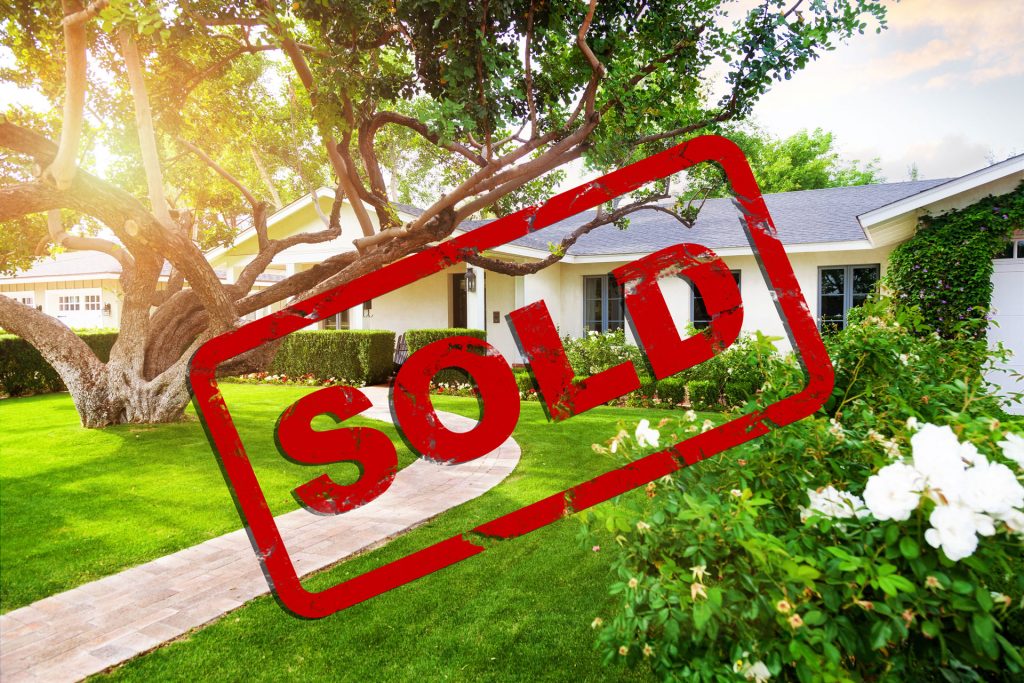Smarter Conveyancing For Property Sales Sydney
Property Selling in Sydney: Everything You Need to Know
It’s never easy deciding to sell your house, a place where you’ve created many memories. But sometimes, the time is just right, or the choice is taken out of your hands, such as when you need to move elsewhere for work purposes. If you’re a property investor, chances are you’re itching for the day you sell and reap the return on your investment. In either case, it’s important you know the ins and outs of what happens when you begin the journey to sell your property.
The first part of the process is deciding that you are going to sell. From there, it’ll be about putting the property on the market, working with a conveyancer to get all the legal paperwork in order, and showing your house to prospective buyers. Once you’ve received an offer that you accept, the money will eventually be transferred to you and the deal will be completed.
How long will it take until the sale is complete?
Some houses sell very quickly, while others are on the market for months; on average, homes are in the ‘for sale’ stage for around 60 days. But it all depends on the location, quality, and price of the home.
Once you’ve sold your home in principle, the process to completion can take around two months.

Does the type of property influence the selling process?
In general there are no fundamental differences in the selling process, sometimes there can be additional factors that complicate (or simplify) the selling process. For example, for properties that have large amounts of land or which are subdivided into numerous properties, it’ll need to be determined what part exactly is included in the sale price (such as land borders and so on).
If you’re selling a property that’s part of a larger building (such as an apartment in a block of units), then this will fall under the bracket of ‘strata title property.’ For this you’ll need to show additional documents, such as the property certificate; the large strata plan, with the apartment included; and include the details of the strata manager on the front.
Let's Chat About How We Can Make Your Life Easier
Are there any specific timeframes?
There aren’t any specific timeframes included in the selling process, though there can be if they’re set by the seller or the buyer. For example, part of the condition of sale might be that the transaction is completed by a specific date in the future (say, Christmas).
What documents do you need to have?
Some of the more complicated and time-consuming aspects of selling a home are related to documents. There’s much paperwork to be completed and that’s why having an expert conveyancer by your side is important.
The most important documents are as follows — the details of the seller and buyer, and the address of the property that’s being sold. You’ll also need to prove that you are the owner of the property, and thus have a legal right to sell it.
A precise detailing of the property that’s being sold, including where the borders are located, and whether it’s the entire property or just part of it. Also included will be anything additional that’s included in the property.
Finally, there are the final details of the arrangement, such as the price to be paid, when it’ll be paid, and when the exchange will take place. Most of these details are outlined in the Contract of Sale and Vendor’s Statement.
What does the seller need to do and what can a conveyancer do for them?
The seller has a lot of responsibilities when it comes to selling their home. For example, they may be in charge of showing the home to prospective buyers, and will thus need to make themselves available (and ensure the home is presentable).
Additionally, they’ll be in charge of providing information to the conveyancer in a timely manner, since this will speed up the process.
As a property seller, the conveyancer you work with will be in charge of the legal and more complex aspects of selling your home. For example, they will provide the legal documents related to selling a property, and prepare settlement statements.
Alongside the legal responsibilities, conveyancers can also offer legal advice to you about how you can protect your interests during the negotiation phase and also how to ensure special requests you have are met.

What goes into the Contract of Sale?
In the Contract of Sale, things such as the names of the seller/buyer, the details of the property, and the financial matters – such as how much is owed and when, will all be included. During the selling process, the seller will also have an opportunity to include any special terms into the contract.
Looking for a conveyancer to help sell your property?
At Smarter Conveyancing, we bring together the best conveyancers around the city to work with property sellers like yourself.
Get in touch to see how we can help you sell your property
as quickly and efficiently as possible.
